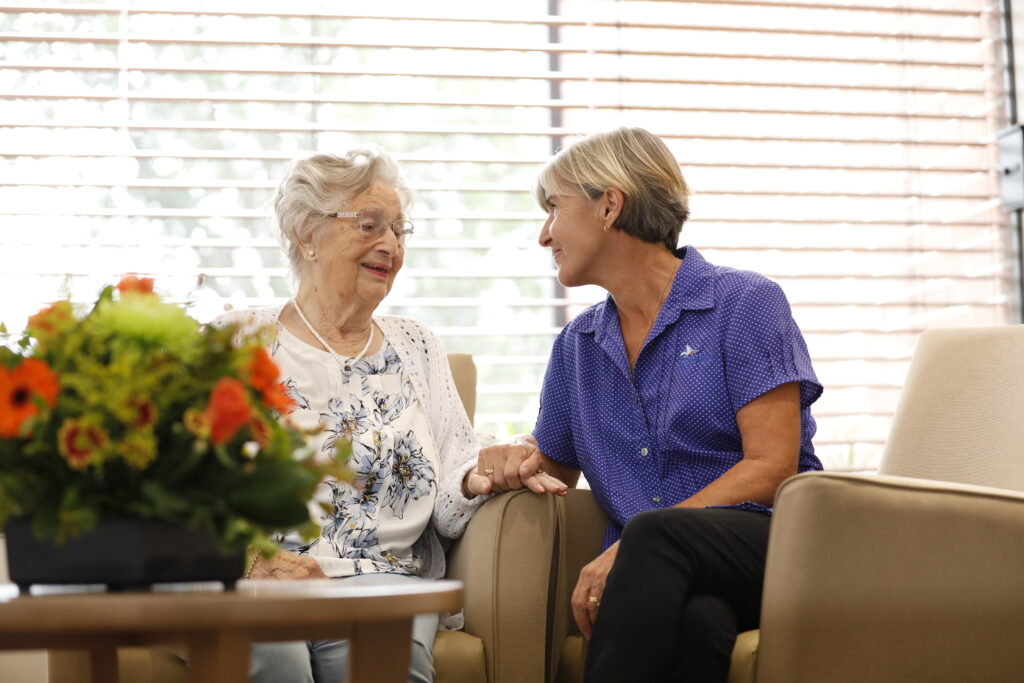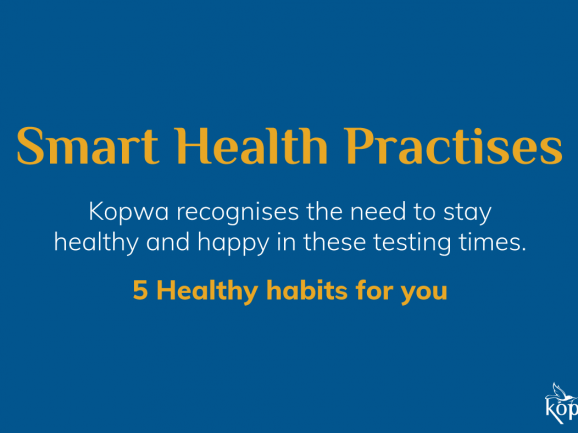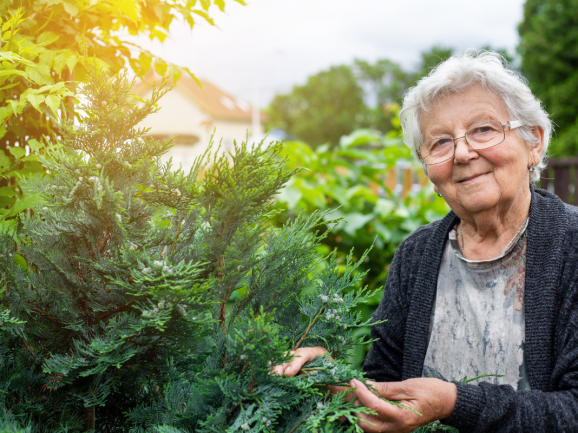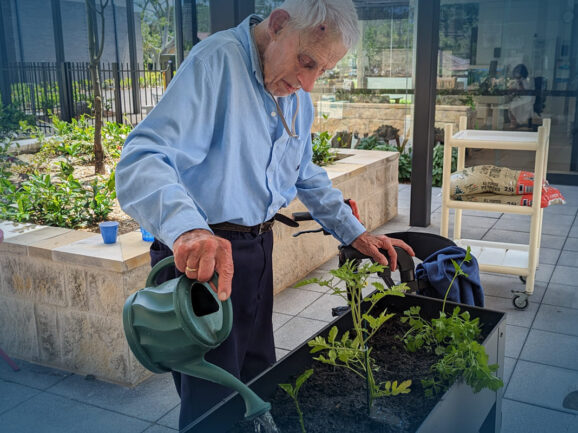Finding it difficult to look after an elderly parent but don’t feel ready for the move to residential Aged Care? Home care is the answer.
If your parent or parents are getting on in years, you may reach a point where you don’t feel comfortable leaving them on their own for days at a time.
At this stage, many families reach a difficult period. The most senior members are happy where they are and aren’t ready to go into full-time care. However, they are not able to fully look after themselves, their quality of life is slipping and there is concern about something going wrong.
If you are the adult child of an elderly parent and you are busy with work, trying to care for young grandchildren or simply managing a full schedule for your own life, this period can be quite stressful.
There are a few options to make things easier without the need to transition into residential Aged Care.
Outsource and order online
Hiring a regular cleaner or housekeeper, ordering groceries online to be delivered around the same time each week or subscribing to a microwave meal delivery service can help reassure you that your parent has enough to eat and clean living conditions.
These are small things but they can make life more convenient for everybody.
Arrange a visiting schedule and distribute responsibilities
If you have siblings who live nearby, you can each choose one or more days to drop in, check the mail, make sure things are tidy or take your parent somewhere social. You could also call on your own children, nieces and nephews, provided they are old enough.
As well as sharing the days, you can give everyone an area of responsibility.
For example, it may be you who makes sure bills are paid, one of your siblings who handles doctor’s appointments and another who liaises with any visitors and submits grocery store orders.
There may be one or two days a week when your parent is able to manage on his or her own, particularly if there is a ‘support crew’ taking care of day to day tasks in this way.
Of course, your family members all need to be present and willing to help for this to work well.
Look into a medical alert system
There are a range of options for medical alerts; buttons your elderly parent can press if they fall over or need medical assistance for another reason.
Some of these can be worn as a pendant so no matter where your parent is, they can press the button. An alert will go out to a monitoring service, family member or friend.
Leave instructions
Operating the microwave, TV remote control and things like phones or computers can start to become overwhelming as we age.
One way to help your parent stay independent and make their life easier is to create instructions which show them how to perform the most common tasks.
Use pictures and arrows to make a step by step outline of what to do in order to find a show on a catch up television channel, defrost a meal or open an email account. Include the steps to switch the machine off once the task is completed.
Recruit an experienced home caregiver
If you live far away, if you don’t have siblings to share the workload with or even if you want to go on holiday for a few weeks, you don’t need to feel the stress of leaving an elderly parent at home alone.
A qualified and experienced home carer can be booked to visit your loved one every week, every couple of days, daily or even morning and night on the days you are not available.
These trained professionals can help with all manner of tasks, including:
- Preparing meals
- Paying bills
- Arranging doctor’s visits
- Driving
- Shopping
- Cleaning
- Some medical duties
A residential home carer can also provide the important function of being company to someone who is living alone. A cup of tea and a chat can make all the difference in their day.
Many people mistakenly believe that you need to be unwell or incapacitated to qualify for the assistance of a carer who will come to the house. This is not the case at all. In fact, according to the Australian Institute of Health and Welfare, of the 1.2 million people who received aged care services during 2017–18, (77%) received support in their home or other community-based settings.
You can book a carer for as many or as few hours as you need them. These essential workers are more than nurses and play an important role in supporting our elderly community and their families.
Want to know more about Home care for the elderly? KOPWA stands for Keeping Our People Well at Home. Speak to us about a range of options for home care today.




